May 23 stands as one of history’s most eventful days, witnessing the rise and fall of empires, groundbreaking discoveries, and moments that shaped our modern world across centuries of human achievement.

Politics and Government Events on May 23
1907 – Finland’s First Parliament Convenes
The unicameral Parliament of Finland gathered for its groundbreaking first plenary session. This historic assembly represented a revolutionary step toward Finnish democracy and self-governance.
The new parliamentary system established universal suffrage and proportional representation. Finland became one of the first European nations to grant women full political rights.
1914 – Federal Republic of Germany Established
Western occupying powers approved the Basic Law and established the Federal Republic of Germany during the Cold War. This momentous decision created a new democratic German state from the ashes of Nazi Germany.
The Basic Law became the foundation of West German democracy and civil rights. This political transformation marked Germany’s return to the international community as a peaceful nation.
1919 – Kurdish Uprising Begins

Sheikh Mahmud Barzanji initiated the first major Kurdish revolt against British rule in Iraq. The Kurdish leader and governor of Sulaymaniyah Province launched this independence movement to establish Kurdish autonomy.
British forces responded swiftly to suppress the rebellion across the region. This uprising marked the beginning of decades of Kurdish struggle for self-determination in the Middle East.
1951 – Tibet Signs Agreement with China
Tibetan representatives signed the Seventeen Point Agreement with the Chinese government. This controversial treaty formally incorporated Tibet into the People’s Republic of China under Beijing’s terms.
The agreement promised Tibetan autonomy while establishing Chinese sovereignty over the region. Many Tibetans later disputed the legitimacy of this forced arrangement and its lasting consequences.
1998 – Good Friday Agreement Approved
Northern Ireland voters overwhelmingly accepted the Good Friday Agreement in a historic referendum. Approximately 75% of voters endorsed this comprehensive peace settlement to end decades of conflict.
The agreement established power-sharing arrangements between unionists and nationalists. This landmark vote marked the beginning of lasting peace in Northern Ireland after years of violence.
2017 – Martial Law Declared in Philippines

President Rodrigo Duterte declared martial law across Mindanao following attacks by Islamic militants. The Maute group’s assault on Marawi City prompted this dramatic escalation of military authority.
Government forces launched extensive counterterrorism operations throughout the southern Philippines. This declaration marked the most significant use of martial law since the Marcos era decades earlier.
2022 – Anthony Albanese Becomes Australian Prime Minister

Anthony Albanese was sworn in as Australia’s 31st Prime Minister after Labor’s election victory. His appointment ended nine years of conservative Liberal-National Coalition rule across the continent.
The new government promised action on climate change and economic inequality. Albanese’s victory represented a significant shift in Australian politics toward progressive policies and international cooperation.
Military and Naval History on May 23
1915 – Italy Joins World War I
Italy officially entered World War I by joining the Allied powers against Germany and Austria-Hungary. This strategic decision fulfilled Italy’s obligations under the secret Treaty of London signed earlier.
Italian forces immediately opened a new front along the Austrian border. The country’s entry significantly expanded the war’s scope and stretched Central Powers’ resources across multiple theaters.
1939 – USS Squalus Submarine Disaster
The USS Squalus sank during a test dive off New Hampshire’s coast, killing 24 sailors and two civilians. The submarine’s flooding systems malfunctioned catastrophically during routine operations.
Rescue teams successfully saved 32 remaining crew members and one civilian the following day. This disaster led to significant improvements in submarine safety protocols and emergency rescue procedures.
1941 – German Atrocities in Crete
German paratroopers began mass executions of Greek civilians in Missiria during the Battle of Crete. These war crimes targeted local residents who supported Allied resistance efforts against the invasion.
The brutal reprisals demonstrated Nazi Germany’s ruthless occupation policies throughout occupied Europe. These atrocities strengthened Greek resolve to resist German occupation despite overwhelming military disadvantage.
1945 – Heinrich Himmler’s Suicide
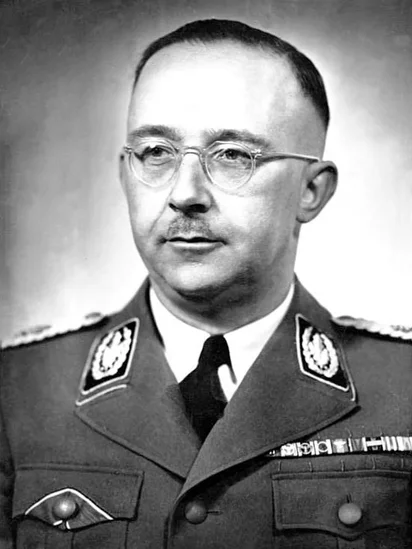
Heinrich Himmler, head of the SS and architect of the Holocaust, committed suicide while in Allied custody. The Nazi leader bit down on a cyanide capsule during interrogation by British forces.
His death eliminated one of Nazi Germany’s most powerful and dangerous war criminals. Himmler’s suicide denied the Allies the opportunity to prosecute him for crimes against humanity.
1945 – Flensburg Government Dissolved
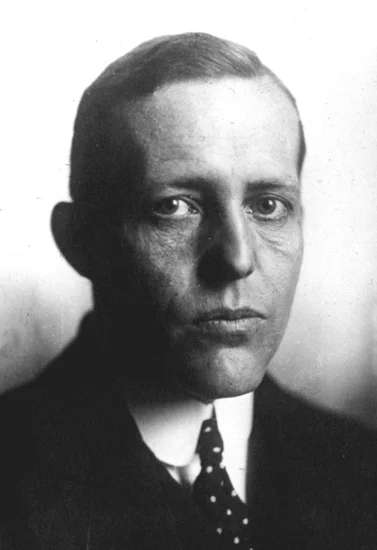
Germany’s final wartime government under Admiral Karl Dönitz was dissolved when British forces arrested its members. This action officially ended the last remnants of Nazi political authority in Europe.
The Flensburg Government had attempted to negotiate separate peace terms with Western Allies. Its dissolution marked the complete collapse of German resistance and formal end to the European war.
Science and Discovery Milestones on May 23
1995 – Java Programming Language Released
Sun Microsystems released the first version of the Java programming language to the public. This revolutionary platform-independent language transformed software development and internet applications forever.
Java’s “write once, run anywhere” philosophy enabled unprecedented cross-platform compatibility. The language became essential for web development, enterprise software, and mobile applications worldwide.
2006 – Mount Cleveland Erupts
Alaska’s Mount Cleveland stratovolcano erupted with significant force in the Aleutian Islands. The remote volcanic explosion sent ash clouds high into the atmosphere, threatening aviation routes.
Scientists monitored the eruption using satellite imagery and seismic equipment from distant locations. This volcanic activity highlighted the ongoing geological dynamism of the Pacific Ring of Fire.
1960 – Chilean Tsunami Strikes Hawaii
A devastating tsunami generated by a Chilean earthquake reached Hawaii, killing 61 people in Hilo. The massive waves crossed the Pacific Ocean at incredible speeds, devastating coastal communities.
The disaster exposed serious gaps in Pacific tsunami warning systems and emergency preparedness. This tragedy led to significant improvements in international tsunami monitoring and evacuation procedures.
Cultural and Arts Events on May 23
1911 – New York Public Library Dedicated
The magnificent New York Public Library opened its doors to the public in a grand dedication ceremony. This architectural masterpiece became one of the world’s most important research institutions and cultural landmarks.
The library’s vast collections and beautiful reading rooms attracted scholars from around the globe. Its iconic lion statues and marble halls symbolized America’s commitment to public education and intellectual freedom.
1934 – Auto-Lite Strike Battle
The Auto-Lite strike reached its climax in the “Battle of Toledo” between workers and National Guard troops. Over 6,000 picketers confronted 1,300 Ohio National Guard soldiers in violent street fighting.
This five-day confrontation became a defining moment in American labor history. The battle demonstrated workers’ determination to organize despite violent opposition from authorities and employers.
1971 – Intercontinental Hotel Opens

Bucharest’s Intercontinental Hotel opened as the city’s second-tallest building during Romania’s communist era. This modern luxury hotel represented the regime’s attempts to attract international tourism and business.
The hotel’s contemporary architecture contrasted sharply with Bucharest’s historic buildings and communist-era construction. Its opening marked Romania’s cautious engagement with Western hospitality and tourism industries.
Religious and Social Events on May 23
1905 – Aromanian Millet Established
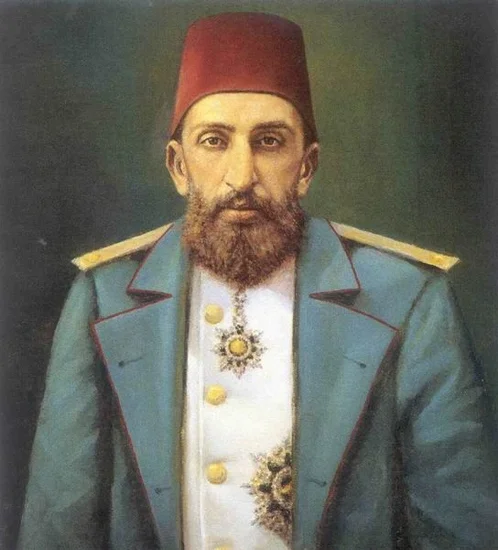
Sultan Abdul Hamid II publicly announced the creation of the Aromanian millet within the Ottoman Empire. This administrative recognition granted the Aromanian people distinct cultural and religious autonomy.
The millet system allowed Aromanians to govern their own community affairs and maintain their cultural identity. This decision established the foundation for modern Aromanian National Day celebrations across the Balkans.
1932 – Brazilian Students Killed
Four Brazilian students were shot and killed during anti-government demonstrations against dictator Getúlio Vargas. Their deaths sparked nationwide outrage and galvanized opposition to the authoritarian regime.
The martyrdom of these young protesters became a rallying cry for democratic forces. Their sacrifice contributed directly to the outbreak of the Constitutionalist Revolution several weeks later.
1948 – US Consul-General Assassinated
Thomas C. Wasson, the US Consul-General, was assassinated in Jerusalem during escalating Middle Eastern tensions. His death highlighted the dangerous situation facing diplomats in the newly established state of Israel.
The assassination demonstrated the volatile security situation in post-mandate Palestine. Wasson’s killing underscored the challenges facing international diplomatic efforts in the region.
Business and Economic Events on May 23
2002 – Kyoto Protocol Milestone
Iceland’s ratification of the Kyoto Protocol achieved the crucial “55 parties” clause required for implementation. This milestone represented a significant victory for international environmental cooperation and climate action.
The protocol’s activation marked the world’s first binding international agreement on greenhouse gas emissions. This achievement demonstrated growing global consensus on the need for coordinated climate change response.
2008 – International Court Territorial Ruling
The International Court of Justice resolved a 29-year territorial dispute between Malaysia and Singapore. The court awarded Middle Rocks to Malaysia while granting Pedra Branca to Singapore.
This peaceful resolution demonstrated international law’s effectiveness in settling complex territorial disputes. Both nations accepted the verdict, strengthening regional cooperation and maritime boundary clarity.
1992 – Giovanni Falcone Assassination
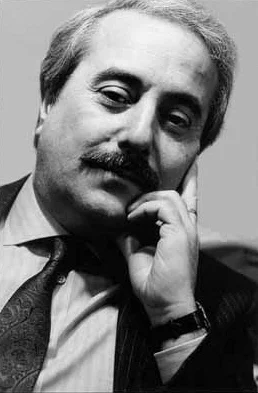
Italy’s most prominent anti-mafia judge Giovanni Falcone was killed by a massive bomb near Capaci, Sicily. The Corleonesi clan used a half-ton explosive device to eliminate this fearless prosecutor.
Falcone’s assassination, along with his wife and bodyguards, shocked Italy and the world. His death marked a turning point in Italian anti-mafia efforts and strengthened public resolve against organized crime.
Transportation and Infrastructure on May 23
2013 – Interstate Bridge Collapse
A major freeway bridge carrying Interstate 5 over the Skagit River collapsed in Mount Vernon, Washington. The sudden structural failure disrupted critical transportation links between major Pacific Northwest cities.
The collapse highlighted infrastructure maintenance challenges facing aging American transportation systems. Emergency repairs and investigations revealed the urgent need for nationwide bridge inspection and renovation programs.
2021 – Ryanair Flight Forced Landing

Belarusian authorities forced Ryanair Flight 4978 to land in Minsk to arrest dissident journalist Roman Protasevich. This unprecedented hijacking of a commercial flight shocked the international aviation community.
The incident sparked widespread condemnation and international sanctions against Belarus. European Union leaders called the forced landing an act of state terrorism against civil aviation.
2021 – Italian Cable Car Tragedy

A cable car fell from a mountain near Lake Maggiore in northern Italy, killing 14 people. The tragic accident occurred when the cable snapped during routine tourist operations in the scenic Alpine region.
Investigators discovered that safety brakes had been deliberately disabled by maintenance crews. This revelation led to criminal charges and raised serious questions about cable car safety protocols worldwide.
Sports and Recreation on May 23
1946 – Tornado Outbreak Begins
A devastating two-day tornado outbreak commenced across the Central United States, spawning at least 15 significant tornadoes. These powerful storms caused widespread destruction and casualties across multiple states.
The outbreak demonstrated the destructive power of severe weather systems in America’s tornado alley. Meteorologists used this event to improve tornado forecasting and warning systems for future severe weather.
2015 – Severe Weather Strikes Multiple States

At least 30 people died as floods and tornadoes devastated Texas, Oklahoma, and northern Mexico. The severe weather outbreak caused billions in damage and displaced thousands of residents.
Emergency responders conducted numerous water rescues as rivers overflowed their banks. The extreme weather highlighted the increasing frequency and intensity of severe weather events.
2014 – University of California Shooting

Seven people, including the perpetrator, were killed in a shooting spree near UC Santa Barbara campus. The tragic incident injured 14 others and shocked the peaceful college community.
The attack sparked renewed debates about gun violence and mental health resources. University officials implemented enhanced security measures and counseling services following the tragedy.
Notable Births on May 23
1908 – John Bardeen, Nobel Prize Physicist

John Bardeen was born in Madison, Wisconsin, destined to become the only person to win Nobel Prizes in Physics twice. His groundbreaking work revolutionized electronics and modern technology.
Bardeen co-invented the transistor, which became the foundation of all modern electronics. His later work on superconductivity earned him his second Nobel Prize and transformed theoretical physics.
1910 – Margaret Wise Brown, Beloved Children’s Author
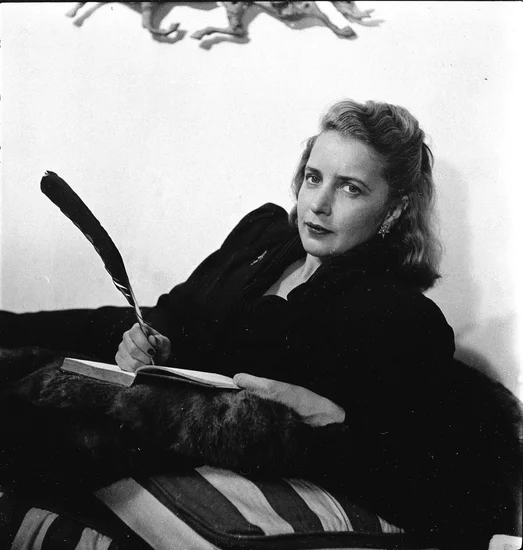
Margaret Wise Brown entered the world in Brooklyn, New York, later creating timeless children’s literature. Her innovative approach to writing for young readers transformed children’s publishing forever.
Brown wrote “Goodnight Moon” and dozens of other classics that continue captivating children today. Her understanding of child psychology helped create a new genre of bedtime stories.
1917 – Edward Lorenz, Chaos Theory Pioneer
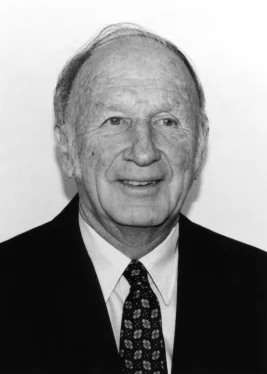
Edward Norton Lorenz was born in West Hartford, Connecticut, becoming the father of chaos theory. His meteorological research revealed the sensitive dependence of weather systems on initial conditions.
Lorenz discovered the “butterfly effect” while studying weather prediction models at MIT. His work fundamentally changed how scientists understand complex systems and predictability limits.
1928 – Rosemary Clooney, Legendary Singer

Rosemary Clooney was born in Maysville, Kentucky, becoming one of America’s most beloved vocalists. Her warm, distinctive voice defined popular music during the 1950s and beyond.
Clooney’s hits like “Come On-a My House” made her a household name. Her comeback later in life proved her enduring talent and connection with audiences.
1933 – Joan Collins, Iconic Actress

Joan Collins was born in London, England, becoming one of the world’s most recognizable actresses. Her career spanned decades and continents, from British films to American television.
Collins achieved her greatest fame as Alexis Carrington on “Dynasty” during the 1980s. Her glamorous persona and sharp wit made her a global entertainment icon.
1934 – Robert Moog, Electronic Music Revolutionary

Robert Moog was born in New York City, destined to revolutionize music through electronic innovation. His synthesizer inventions transformed popular music and created entirely new artistic possibilities.
The Moog synthesizer became essential to rock, pop, and electronic music genres. His instruments enabled musicians to create sounds previously impossible with traditional instruments.
1951 – Anatoly Karpov, Chess Champion
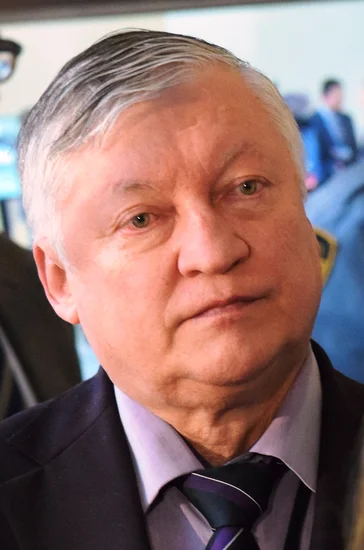
Anatoly Karpov was born in Zlatoust, Russia, becoming one of history’s greatest chess players. His positional style and tournament victories dominated international chess for decades.
Karpov served as World Chess Champion from 1975 to 1985, winning numerous international tournaments. His rivalry with Garry Kasparov produced some of chess history’s most memorable matches.
1958 – Drew Carey, Beloved Comedian

Drew Carey was born in Cleveland, Ohio, becoming one of America’s most popular comedians and television hosts. His self-deprecating humor and everyman appeal resonated with millions of viewers.
Carey starred in “The Drew Carey Show” and later hosted “The Price is Right.” His comedy career began in stand-up clubs before expanding to television and film.
1974 – Jewel, Singer-Songwriter

Jewel Kilcher was born in Payson, Utah, becoming known simply as Jewel to music fans worldwide. Her folk-influenced pop songs and poetic lyrics defined 1990s alternative music.
Jewel’s debut album “Pieces of You” became one of the best-selling debut albums ever. Her distinctive voice and introspective songwriting influenced countless other artists.
Notable Deaths on May 23
1906 – Henrik Ibsen, Norwegian Playwright
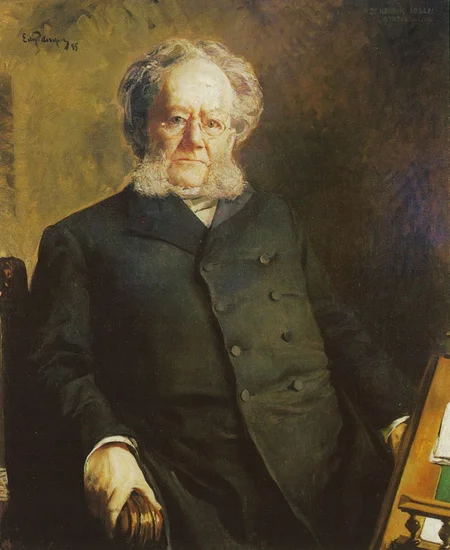
Henrik Ibsen, the revolutionary Norwegian playwright, died in Oslo after transforming modern theater. His realistic dramas challenged social conventions and established him as the father of modern drama.
Ibsen’s plays like “A Doll’s House” and “Hedda Gabler” shocked audiences with their psychological depth. His influence on theater and literature continues inspiring writers and directors today.
1934 – Bonnie Parker, Notorious Outlaw
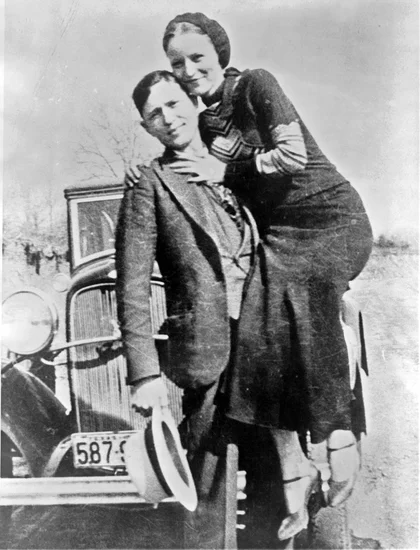
Bonnie Parker died in a police ambush in Louisiana, ending her criminal partnership with Clyde Barrow. Their two-year crime spree across the Depression-era South captivated the American public.
Parker’s death marked the end of the most famous criminal duo in American history. Her story became legend, inspiring countless books, films, and cultural references.
1934 – Clyde Barrow, Bank Robber
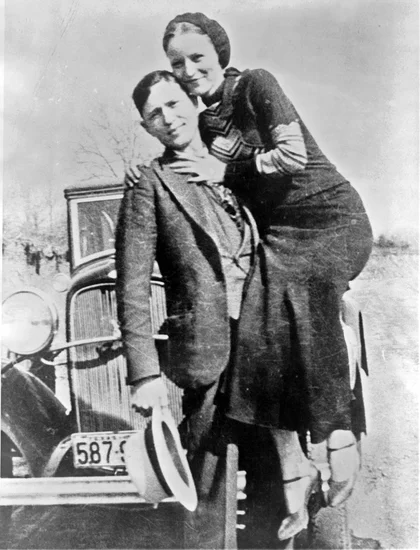
Clyde Barrow was killed alongside Bonnie Parker in a police ambush in Bienville Parish, Louisiana. His criminal career included bank robberies, kidnappings, and multiple murders across several states.
Barrow’s death ended one of the most notorious crime sprees in American history. His story symbolized the desperation and lawlessness of the Great Depression era.
1937 – John D. Rockefeller, Oil Industry Pioneer

John D. Rockefeller died in Ormond Beach, Florida, after building America’s first great business empire. His Standard Oil Company revolutionized the petroleum industry and modern business practices.
Rockefeller became the world’s richest person before dedicating his later years to philanthropy. His charitable foundations transformed education, medicine, and scientific research worldwide.
1945 – Heinrich Himmler, Nazi Leader
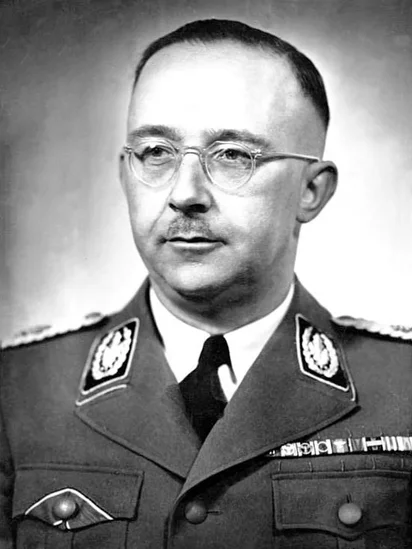
Heinrich Himmler died by suicide while in Allied custody, ending the life of one of Nazi Germany’s most powerful figures. As SS leader, he orchestrated the Holocaust and Nazi police state.
Himmler’s death deprived the Allies of prosecuting one of history’s worst war criminals. His suicide eliminated a key witness to Nazi atrocities and decision-making processes.
1992 – Giovanni Falcone, Anti-Mafia Judge
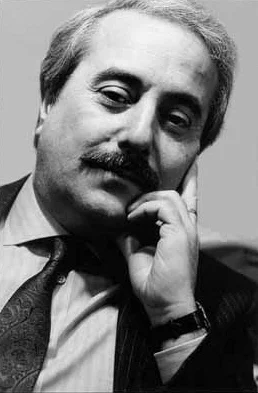
Giovanni Falcone was assassinated by the Sicilian Mafia in a massive bomb attack near Capaci. His fearless prosecution of organized crime made him a target for Italy’s most dangerous criminals.
Falcone’s death shocked Italy and galvanized public opinion against the Mafia. His sacrifice inspired continued efforts to combat organized crime throughout Italy and beyond.
1999 – Owen Hart, Professional Wrestler

Owen Hart died in a tragic accident during a WWE pay-per-view event in Kansas City. The Canadian wrestler fell from the rafters when his harness equipment malfunctioned.
Hart’s death shocked the wrestling world and led to improved safety protocols. His technical wrestling skills and entertaining personality made him beloved by fans worldwide.
2015 – John Nash, Nobel Prize Mathematician
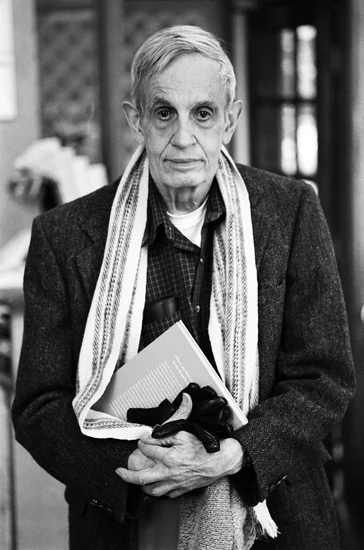
John Forbes Nash Jr. died in a car accident in New Jersey alongside his wife Alicia. The Nobel Prize-winning mathematician overcame schizophrenia to make groundbreaking contributions to game theory.
Nash’s life story inspired the Academy Award-winning film “A Beautiful Mind.” His mathematical work continues influencing economics, computer science, and evolutionary biology.
Holidays and Observances on May 23
Aromanian National Day
The Aromanian people celebrate their National Day, commemorating the establishment of their millet within the Ottoman Empire. This recognition granted them cultural and religious autonomy in 1905.
Aromanian communities across the Balkans honor their heritage with cultural festivals and traditional celebrations. The day represents their ongoing struggle to preserve their unique language and customs.
Constitution Day in Germany
Germany observes Constitution Day, celebrating the adoption of the Basic Law in 1949. This foundational document established the Federal Republic of Germany and its democratic principles.
The Basic Law guaranteed fundamental rights and democratic governance after Nazi dictatorship. Germans reflect on their constitutional democracy and its importance for peace and freedom.
World Turtle Day

Environmental advocates worldwide celebrate World Turtle Day, promoting conservation of turtles and tortoises. This observance raises awareness about threats facing these ancient reptiles globally.
Conservation organizations use this day to educate people about turtle protection and habitat preservation. The celebration highlights the importance of marine and terrestrial turtle species.
